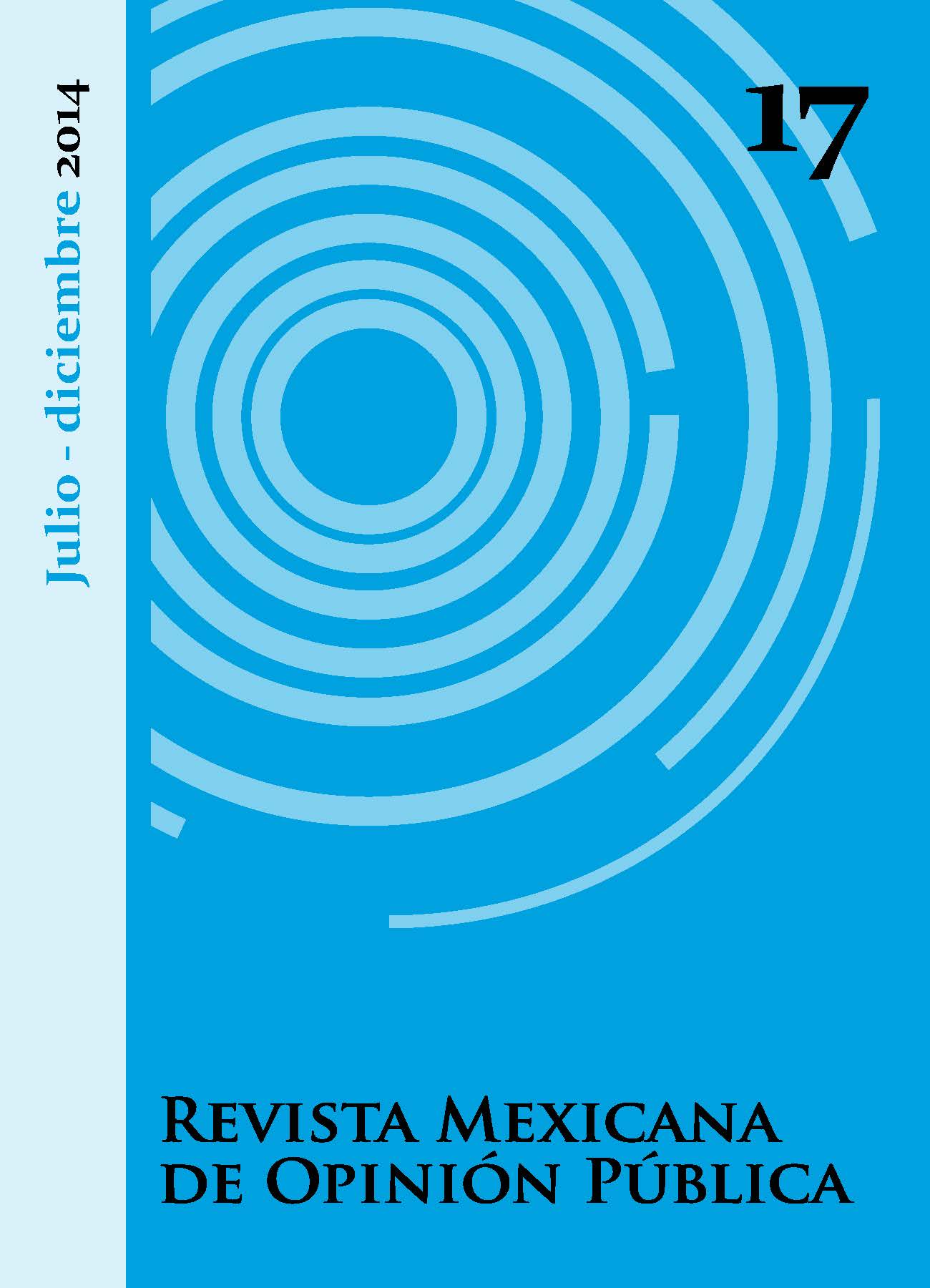Affective Practices in a Global Society. Theoretical and Methodological Delimitation to Understand the Phenomenon in Mexico
Main Article Content
Abstract
Globally have changed patterns of individual behavior that are reflected in the expectations that now demands. Situation, among other things, has changed the way in which presently perceived affectivity, transforming structures as important as the family sense. Now expectations have increased, while contemporary subjectivity, questioning the traditional system of socially organized by the institutional apparatus of emotional speech, this makes affectivity to emerge from different unworked views. In this paper new methodological approaches are given to the phenomenon of affectivity in the logic to perform best empirical work on the topic guides are given.
Article Details
How to Cite
González Ulloa, P. A., & Jiménez Vivas, P. (2015). Affective Practices in a Global Society. Theoretical and Methodological Delimitation to Understand the Phenomenon in Mexico. Revista Mexicana De Opinión Pública, (17), 89–109. https://doi.org/10.1016/S1870-7300(14)70901-9
Citas en Dimensions Service

Revista Mexicana de Opinión Pública por Universidad Nacional Autónoma de México se distribuye bajo una Licencia Creative Commons Atribución-NoComercial-SinDerivar 4.0 Internacional.
Basada en una obra en http://revistas.unam.mx/index.php/rmop.
